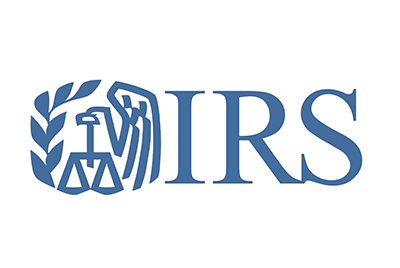IRS Interest Rates Decrease for the First Quarter of 2025
–
November 18, 2024

The IRS has announced that interest rates will decrease for the calendar quarter beginning Jan. 1, 2025.
For individuals, the rate for overpayments and underpayments will be 7% per year, compounded daily.
Here is a complete list of the new rates:
- 7% for overpayments (payments made in excess of the amount owed), 6% for corporations
- 4.5% for the portion of a corporate overpayment exceeding $10,000
- 7% for underpayments (taxes owed but not fully paid)
- 9% for large corporate underpayments
Under the Internal Revenue Code, the rate of interest is determined on a quarterly basis. For taxpayers other than corporations, the overpayment and underpayment rate is the federal short-term rate plus 3 percentage points.
Generally, in the case of a corporation, the underpayment rate is the federal short-term rate plus 3 percentage points and the overpayment rate is the federal short-term rate plus 2 percentage points. The rate for large corporate underpayments is the federal short-term rate plus 5 percentage points. The rate on the portion of a corporate overpayment of tax exceeding $10,000 for a taxable period is the federal short-term rate plus one-half (0.5) of a percentage point.
The interest rates announced today are computed from the federal short-term rate determined during October 2024. See the revenue ruling for details.
Revenue Ruling 2024-25 announcing the rates of interest will appear in Internal Revenue Bulletin 2024-49, dated Dec. 2, 2024.
The information in this guide has been gathered from many sources, including the Internal Revenue Service, the Social Security Administration, state agencies, professional organizations and members of the NJCPA. The majority of state agencies offer online and prerecorded services. It’s best to check online or call before you visit.
Material contained within this guide should be augmented by, and used in accordance with, a certified public accountant's professional judgment. Your CPA can properly apply the tax laws and regulations to the facts and circumstances of your particular situation. For help with locating a CPA, visit findacpa.org.
The New Jersey Society of Certified Public Accountants is not responsible for any claims arising as a result of this information or its usage.
This guide was updated in August 2024. Future users of this material are cautioned that some portions, particularly tax-related information, may become outdated.